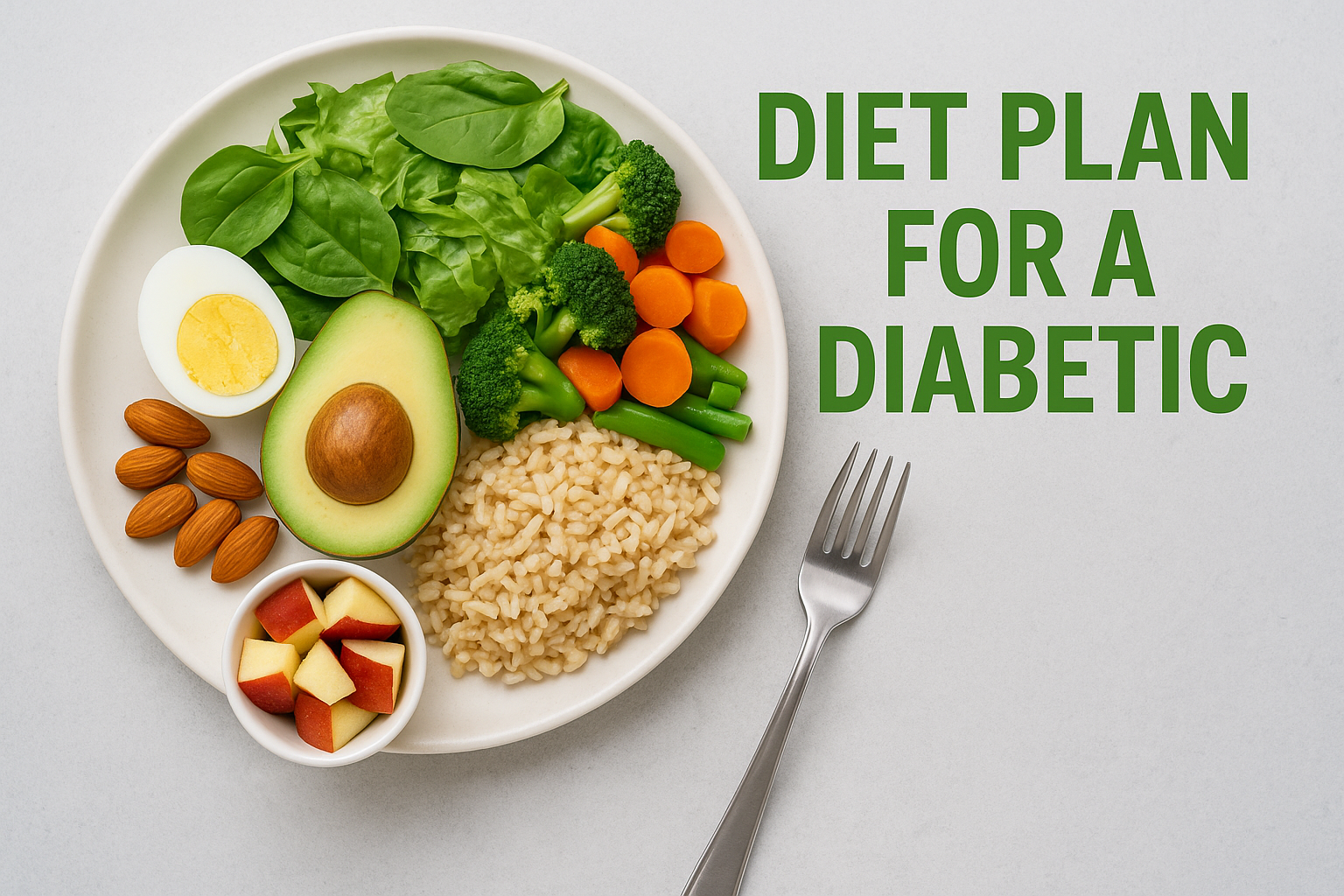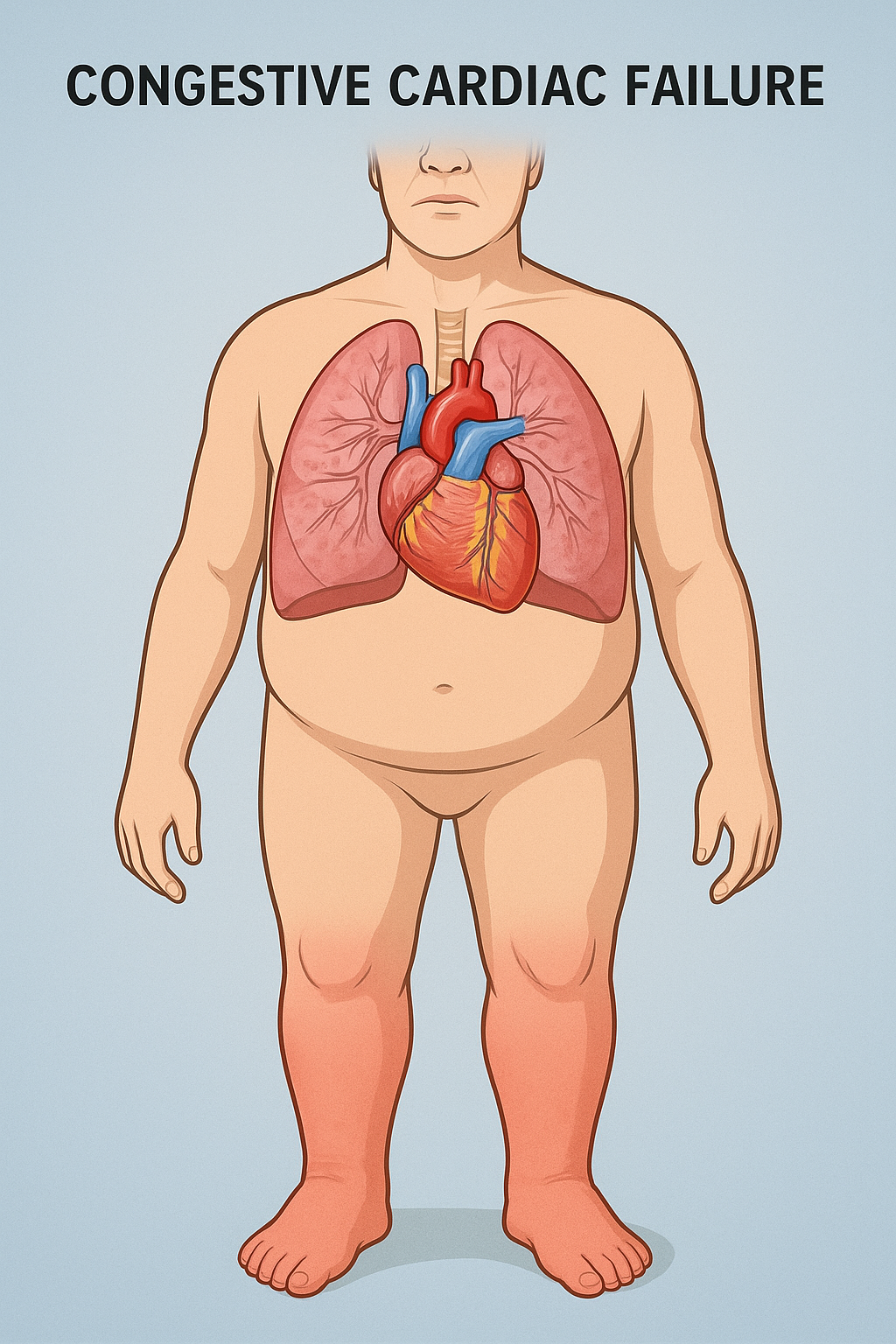Introduction
Vitamin D, often referred to as the “sunshine vitamin,” plays a crucial role in maintaining strong bones, supporting immune function, and promoting overall well-being. However, Vitamin D deficiency is surprisingly common and can lead to a range of health issues if left untreated. In this blog post, we’ll explore what Vitamin D deficiency is, why it happens, how to recognize it, and what you can do to restore healthy levels.
What is Vitamin D Deficiency?
Vitamin D deficiency occurs when your body doesn’t get enough Vitamin D to stay healthy. This essential nutrient helps the body absorb calcium and phosphorus, which are vital for building and maintaining strong bones. It also supports immune system function and reduces inflammation.
Common Causes of Vitamin D Deficiency
Several factors can contribute to low Vitamin D levels, including:
- Limited Sun Exposure: Spending too much time indoors or using excessive sunblock can reduce Vitamin D production.
- Dietary Deficiency: A diet lacking in Vitamin D-rich foods such as fatty fish, fortified dairy products, and egg yolks.
- Dark Skin Tone: Melanin reduces the skin’s ability to produce Vitamin D from sunlight.
- Age: Older adults have reduced ability to synthesize Vitamin D through the skin.
- Medical Conditions: Disorders like celiac disease, Crohn’s disease, or kidney problems can impair Vitamin D absorption.
Signs and Symptoms of Vitamin D Deficiency
The symptoms of Vitamin D deficiency can be subtle or even go unnoticed, but common signs include:
- Fatigue and tiredness
- Bone pain and muscle weakness
- Mood changes, including depression
- Frequent infections or illnesses
- Slow wound healing
- Hair loss
If you experience any of these symptoms, it’s a good idea to consult a healthcare provider and consider a blood test to check your Vitamin D levels.
Health Risks of Untreated Deficiency
Ignoring Vitamin D deficiency can lead to serious health issues, such as:
- Osteoporosis and fractures
- Rickets in children
- Weakened immune system
- Cardiovascular problems
- Increased risk of chronic diseases like diabetes
How to Boost Your Vitamin D Levels
Here are some effective ways to increase your Vitamin D intake:
- Sunlight Exposure: Aim for 10–30 minutes of midday sunlight several times a week, depending on your skin tone and location.
- Diet: Include Vitamin D-rich foods like salmon, tuna, fortified milk, cereals, and eggs.
- Supplements: Vitamin D3 supplements are commonly recommended if levels are significantly low. Always consult your doctor before starting any supplementation.
- Lifestyle Adjustments: Stay physically active and maintain a healthy weight to support overall nutrient absorption.
Conclusion
Vitamin D is essential for maintaining strong bones, a healthy immune system, and overall wellness. With modern lifestyles limiting sun exposure and altering diets, Vitamin D deficiency is becoming increasingly common. By recognizing the symptoms early and taking proactive steps, you can maintain optimal health and prevent long-term complications.




